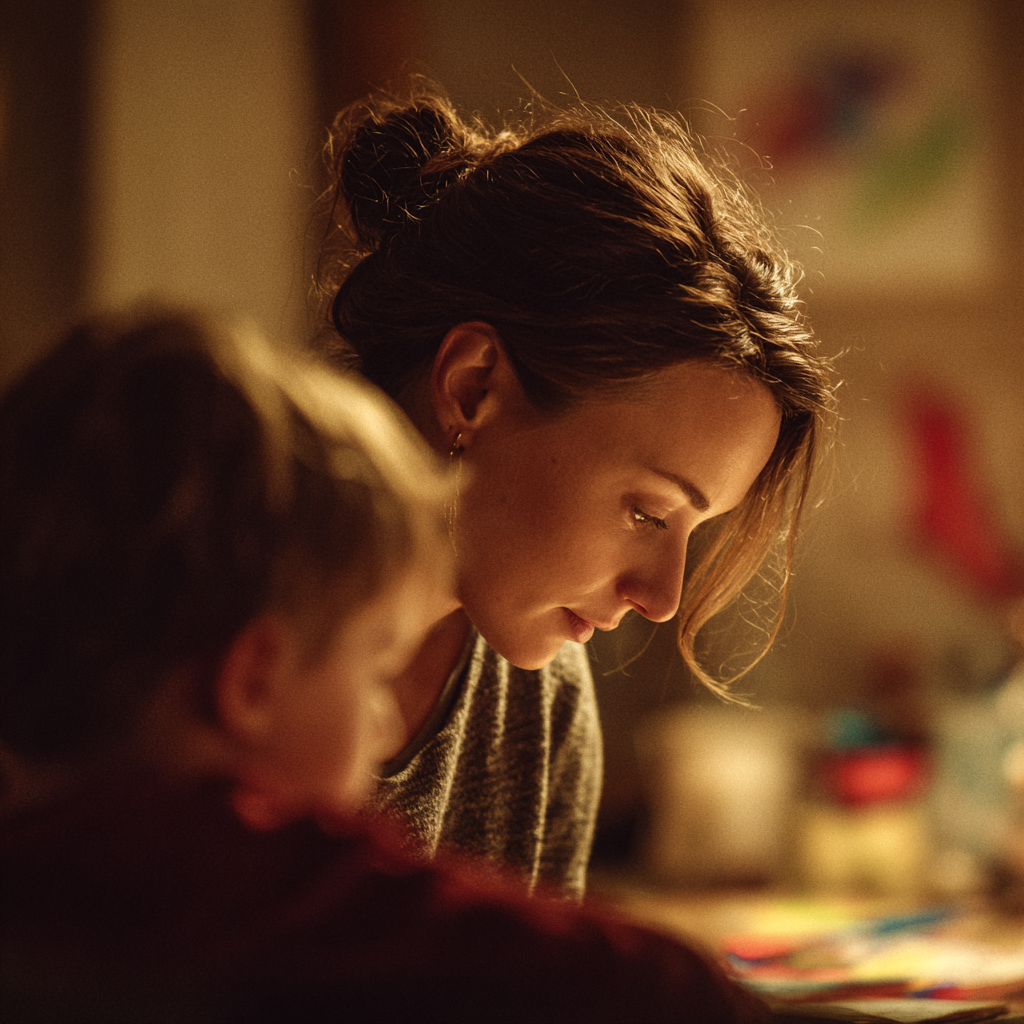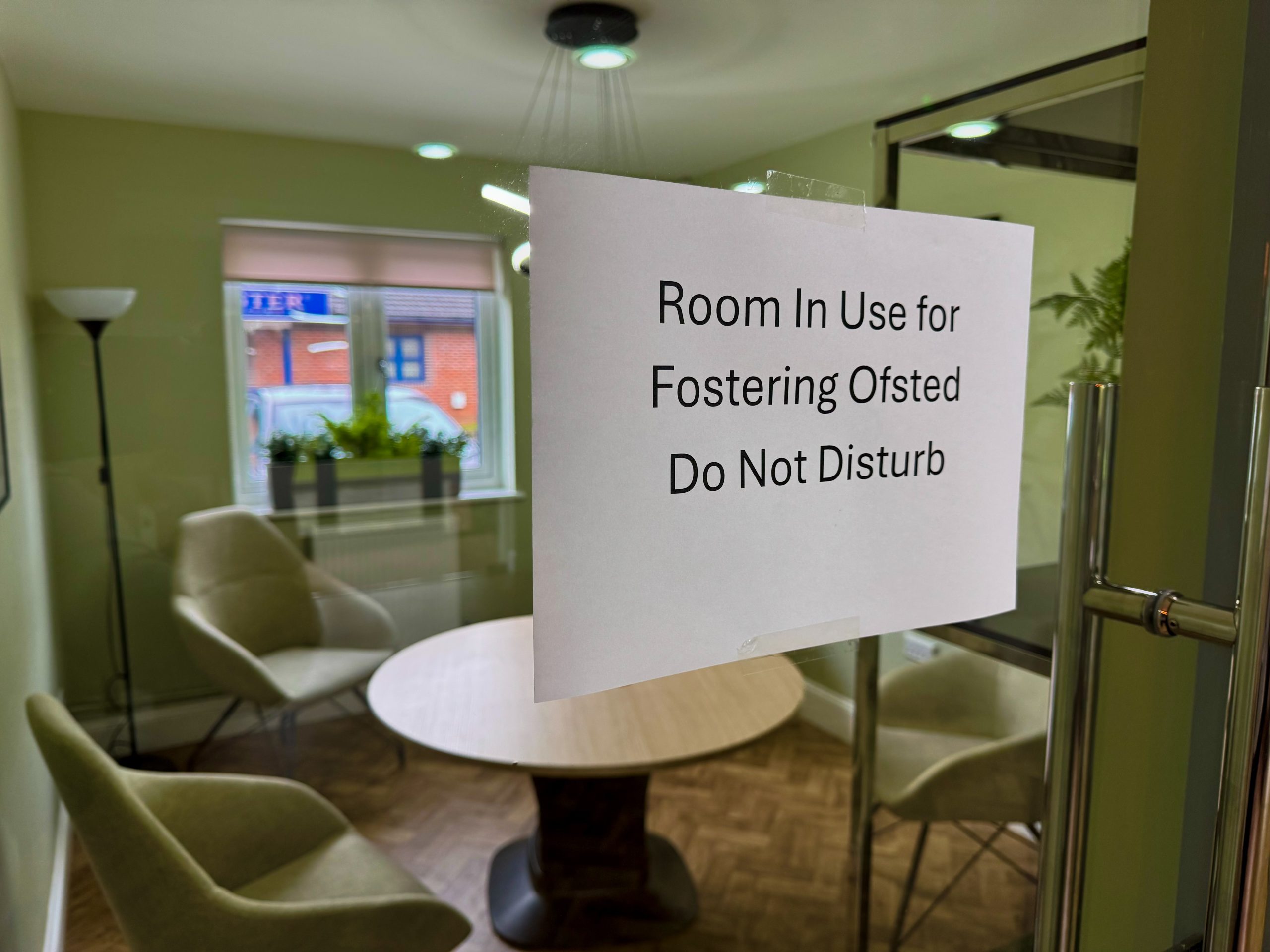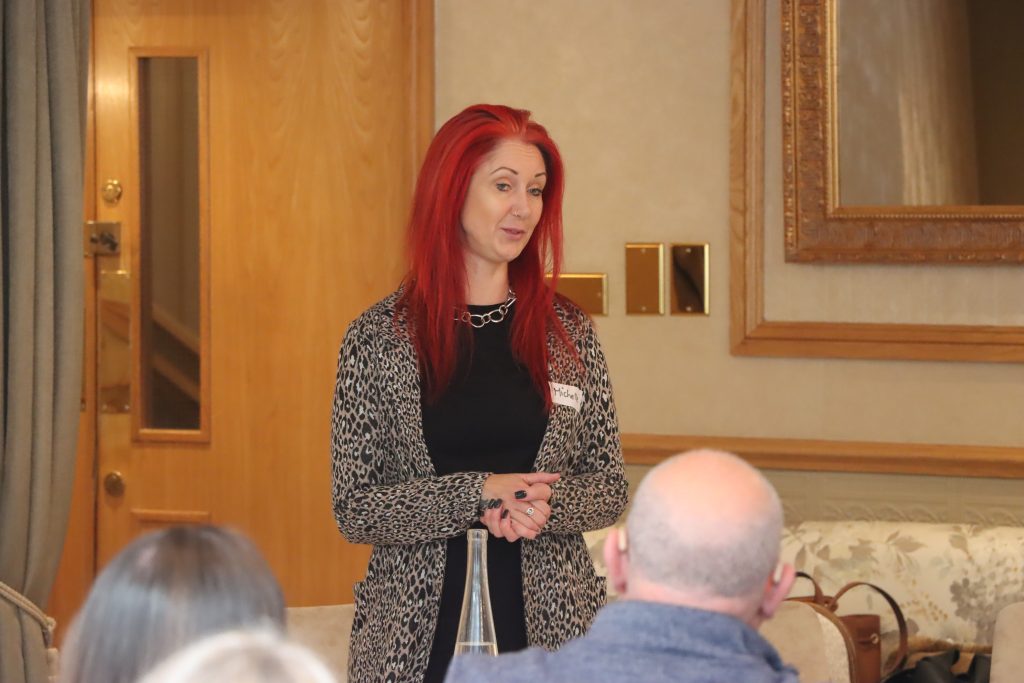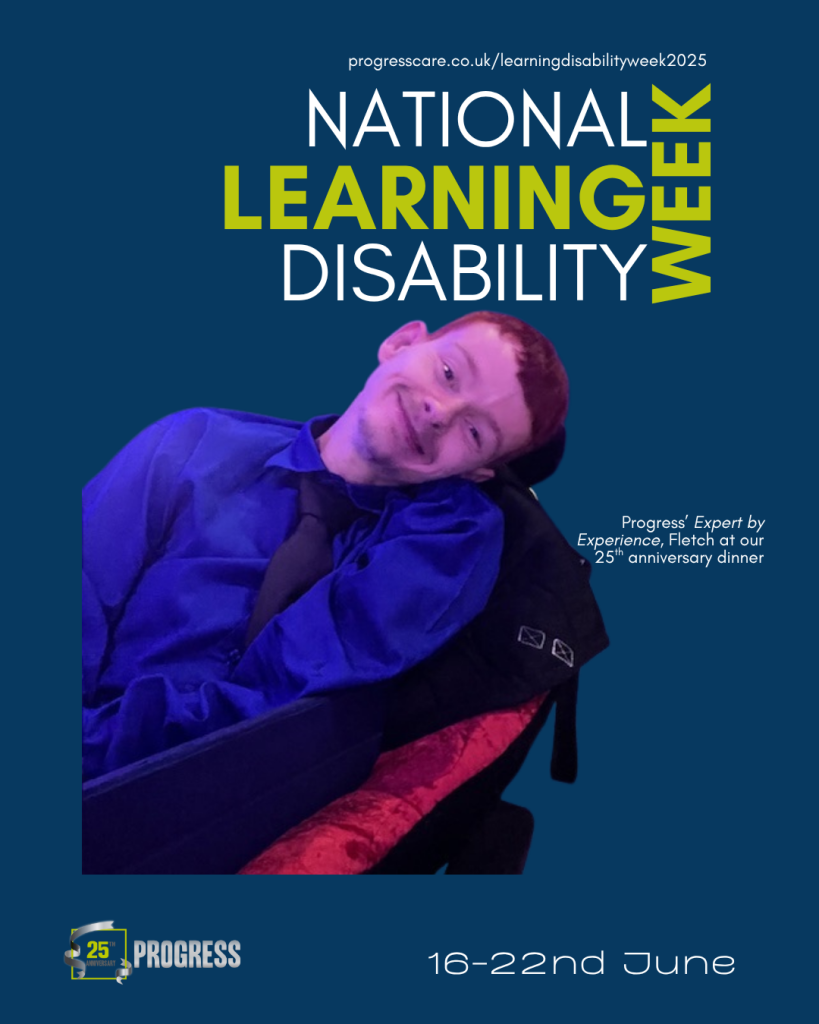For many families, the start of a new school year carries a mix of excitement and nerves. Fresh uniforms, sharpened pencils and the promise of a new chapter can be uplifting. Yet for families of children with special educational needs and disabilities (SEND), that transition often feels heavier. The return to structure, new classrooms, unfamiliar teachers and shifting routines can stir up anxiety that lingers well beyond the first week.
Parents often talk about how small changes, like moving the morning alarm forward or taking a different route to school, can feel monumental for their children. The start of term magnifies this. While some children take comfort in the predictability of routines, others may feel overwhelmed by the abrupt shift from the relative calm of summer to the busy rhythm of school days.
One way families prepare is by reintroducing routines slowly, often weeks before school begins. Bedtimes are shifted gradually; school bags are dusted off and trial runs of the journey to school are rehearsed. These rituals help soften the impact of change, turning the unfamiliar into something recognisable. For some, creating visual schedules or social stories provides a bridge between home and school. A series of pictures showing what the day will look like can help children know what to expect and reduce some of the uncertainty that fuels anxiety.
Another helpful step is strengthening communication with school staff. Parents are often the experts on their child’s needs, and many put together a simple “about me” sheet to share with teachers and support workers. These documents, sometimes just a page long, outline what helps their child to thrive, what triggers distress and how best to offer reassurance. For teachers welcoming a new class, this can be a lifeline and a reminder that behind each diagnosis is a child with their own interests, quirks and strengths.
It is not just practical adjustments that matter but also emotional ones. Parents often talk about the power of small tokens or transitional objects that children can hold onto during the school day. A smooth stone in a pocket, a heart drawn on the palm, or even a small photo tucked into a pencil case can provide comfort when the classroom feels overwhelming. These gestures may seem tiny, but they act as anchors, reminders of safety and connection.
The start of term is also an opportunity to build bridges. A simple playdate with a classmate before the first day back can ease worries about social dynamics. Knowing there will be a familiar face waiting can transform the experience from daunting to manageable. Schools, too, sometimes offer phased returns or early visits to new classrooms, helping children acclimatise before the full school day resumes.
Of course, the transition is rarely seamless. Some children sail through the first week only to struggle later once the novelty wears off. Others may need more time before routines begin to feel safe again. For parents, this requires patience, flexibility and often a good deal of self-compassion. It is worth remembering that support is not just for children. Parents also need encouragement and community, whether that is through local groups, online networks or simply sharing experiences with other families who understand.
Back to school will always be a period of adjustment, but with careful preparation, open conversations and steady reassurance, it can also be a time of growth. Children with SEND may face unique challenges, but they also bring unique strengths. With empathy, creativity and the support of families and schools working together, these moments of transition can become opportunities to build resilience and confidence for the year ahead.

















